6 Questions to Ask During Septic Inspections
Septic inspections are a crucial part of home maintenance, ensuring the longevity and proper function of your septic system. Septic systems often go unnoticed until a problem arises, leading to costly repairs. Knowing what questions to ask during these inspections can save you time, money, and stress. This article provides a comprehensive guide by exploring essential questions you should ask to ensure a thorough inspection. Being proactive with your septic system provides peace of mind and prolongs its functionality, ultimately protecting your property investment.
1. What Is the Current Condition of My Septic Tank?
A key aspect of maintaining a healthy home environment is understanding the current condition of your septic tank. This foundational question leads the inspection process, setting the stage for potential maintenance. Septic tanks can vary in size, and according to This Old House, a 1000-gallon septic tank is the generally accepted minimum requirement for a two to three-bedroom home. By determining how full the tank is, professionals can gauge whether a routine pumping is necessary. Furthermore, early detection of issues can prevent major system failures, safeguarding both the home's functionality and environmental health.
Inspecting the septic tank for damage or leaks is crucial. Visible cracks or leaks in the tank can lead to wastewater contamination and potential environmental hazards. An experienced inspector will thoroughly examine the outer surface of the tank for wear or damage. They will also check for signs of corrosion if the tank is constructed from metal, which might lead to structural weaknesses. Regular maintenance, assessed through records and visual inspections, helps determine if the tank has been adequately cared for over time.
The internal components of the tank, including sludge and scum levels, must be evaluated. Normal levels indicate a balanced system, whereas an excess of either can signal misuse or inadequate maintenance. Inspectors measure sludge and scum levels to ascertain whether they fall within safe parameters. If left unchecked, excessive buildup can clog the system and cause backups in household plumbing. Identifying immediate concerns during an inspection ensures that actionable steps can be taken promptly to prevent complex repair needs.
2. How Healthy Is My Drain Field?
The drain field is a critical component of the septic system, responsible for filtering effluent before it enters the soil. Maintaining a healthy drain field prevents environmental contamination and supports system efficiency. Standing water or excessive moisture in the area can indicate improper drainage or system overload. An inspection will identify areas of concern, allowing for corrective actions such as aeration or system relief. The longevity of the drain field is directly proportional to regular inspections and proactive maintenance.
Roots from nearby trees and plants pose a threat to the drain field's integrity. During an inspection, the technician checks for signs of root intrusion, which can crack and obstruct pipes. Clogs can also occur due to non-biodegradable items mistakenly flushed into the system. If detected, immediate corrective measures will be recommended. Understanding the age and structural soundness of the drain field helps homeowners decide on necessary upgrades to avoid future malfunctions.
Odors emanating from the drain field can be an indication of underlying issues. These could be due to improper decomposition processes or system imbalances. An inspector will test soil and effluent to determine the presence of any microbial or chemical imbalances. With an expected lifespan, determined through an inspection, homeowners can plan for eventual system replacements or upgrades. Regular monitoring ensures the drain field remains efficient, safe, and functional.
3. Can You Check the System Components?
The overall health of a septic system relies on its various components functioning harmoniously. This includes baffles, filters, pumps, valves, and alarms, among others. Inspectors assess these elements for integrity and operational efficiency. The baffles, for instance, prevent scum from entering the drain field and must remain intact. Any signs of wear or damage in these areas can compromise the entire system, necessitating immediate repairs or replacements.
Pumps are essential for moving wastewater through the system efficiently. A malfunctioning pump can cause backups, leading to unpleasant odors and potential property damage. During an inspection, the pump's performance is tested to ensure it operates within optimal parameters. Inspectors also check for obstructions or damage to filters and screens, which safeguard against clogs and overflow. Keeping these in top condition minimizes emergency maintenance and service interruptions.
Electrical components such as valves and alarms provide early warning signals in the event of system failures. Regular inspections ensure these safeguards remain operational, protecting against unforeseen breakdowns. Wear and tear in any part can trigger systemic issues, impacting the home's plumbing and hygiene. Engaging with a knowledgeable inspector sheds light on parts in need of attention, laying the groundwork for routine service and preventative care. This proactive approach ensures that potential problems are resolved before they escalate.
4. Are There Any Possible Environmental Concerns?
The septic system serves not only the home but also interacts intimately with its surrounding environment. A poorly maintained system can risk contaminating local water sources, which is why inspectors evaluate the possibility of such issues. An assessment of the proximity and condition of local water bodies forms part of the inspection protocol. Additionally, ensuring the system’s compliance with environmental regulations is critical to avoiding potential legal and health repercussions. By safeguarding the environment, homeowners contribute to sustainability and community well-being.
Numerous factors, such as nearby industrial activities or changes in landscaping, can affect the septic system's health. During an inspection, factors external to the system are examined to identify possible threats. Recent weather patterns, such as heavy rains or droughts, can influence the system's performance, impacting absorption rates and decomposition speeds. Inspectors utilize knowledge of local climate trends to recommend adaptations for improved resilience. Regular updates and assessments maintain the balance between the septic system and its environment.
Soil absorption plays a vital role in the system's operation, facilitating wastewater treatment. If the absorption rate is deficient, an inspection might recommend soil treatment or system adjustments. Wildlife can also interfere with components, leading to unexpected damage. Observations during inspections help deter these potential disruptions. Understanding and mitigating these environmental concerns ensures the septic system remains effective and environmentally friendly.
5. What Maintenance Schedule Should I Follow?
Developing a regular maintenance schedule is central to the long-term health of a septic system. Based on inspection outcomes, professionals will offer a timeline tailored to specific needs. For example, the frequency of tank pumpings is influenced by tank size, household size, and usage patterns. Signs of fullness, efficiency drop, or unpleasant odors can all indicate that maintenance is overdue. Adhering to a structured schedule can prevent these symptoms and prolong the system's functionality.
Preventative measures can further extend the lifespan of a septic system, reducing the likelihood of costly interventions. Recommendations might include conserving water, avoiding non-biodegradables, and managing chemical usage. Some systems benefit from specific products or additives that enhance decomposition and efficiency. Seasonal considerations, such as increased water usage during summer, necessitate adjustments in maintenance planning. As systems age, components may require closer monitoring and more frequent servicing.
By understanding the unique characteristics of their septic systems, homeowners can implement effective and personalized maintenance strategies. Regular interaction with professionals fosters a collaborative approach to home care. As each system ages, modifications to the maintenance schedule accommodate new challenges and technological advances. Adjustments, based on thorough inspections, maintain optimal system performance. This proactive approach ensures longevity, reliability, and peace of mind, reinforcing the value of professional inspections.
6. How Can I Improve System Efficiency?
Improving septic system efficiency not only extends its lifespan but also minimizes environmental impact. Inspectors can recommend products or practices designed to boost treatment effectiveness. For instance, bio-additives may support natural bacteria, enhancing waste breakdown. Daily practices, such as water conservation and mindful flushing, decrease the system's workload. Incorporating these habits into daily life reduces stress on the septic system, optimizing its performance.
Incorporating water-saving appliances into the home offers dual benefits of cost savings and system efficiency improvements. Devices like low-flow toilets and faucet aerators reduce water usage without sacrificing functionality. As a result, less water enters the septic system, enhancing its ability to process waste efficiently. Inspections can identify specific appliances or measures that would most benefit the system. Strategically adopting such technologies aligns with broader environmental sustainability goals.
Landscaping choices also impact septic system performance, influencing drainage and evaporation. Plants with shallow root systems are recommended to prevent interference with pipes and other underground components. Professionals offer tailored advice on vegetation that fosters a thriving ecosystem without jeopardizing system integrity. Upgrades or modifications based on inspection findings may further enhance efficiency and reliability. By aligning landscaping, appliance choice, and daily practices, homeowners maximize their septic system's potential.
Understanding what questions to ask during septic inspections empowers homeowners to take an active role in maintaining their septic systems. Informed dialogue with inspection professionals provides insight into system health and future needs. By ensuring each component is thoroughly evaluated, potential issues can be identified and rectified early, ensuring the system's durability and efficiency. Systematic care and attention transform septic systems into sustainable, reliable household features. Regularly engaging with professionals and staying informed are key elements in managing a healthy septic system. Contact us at Southern Septic to get started today.
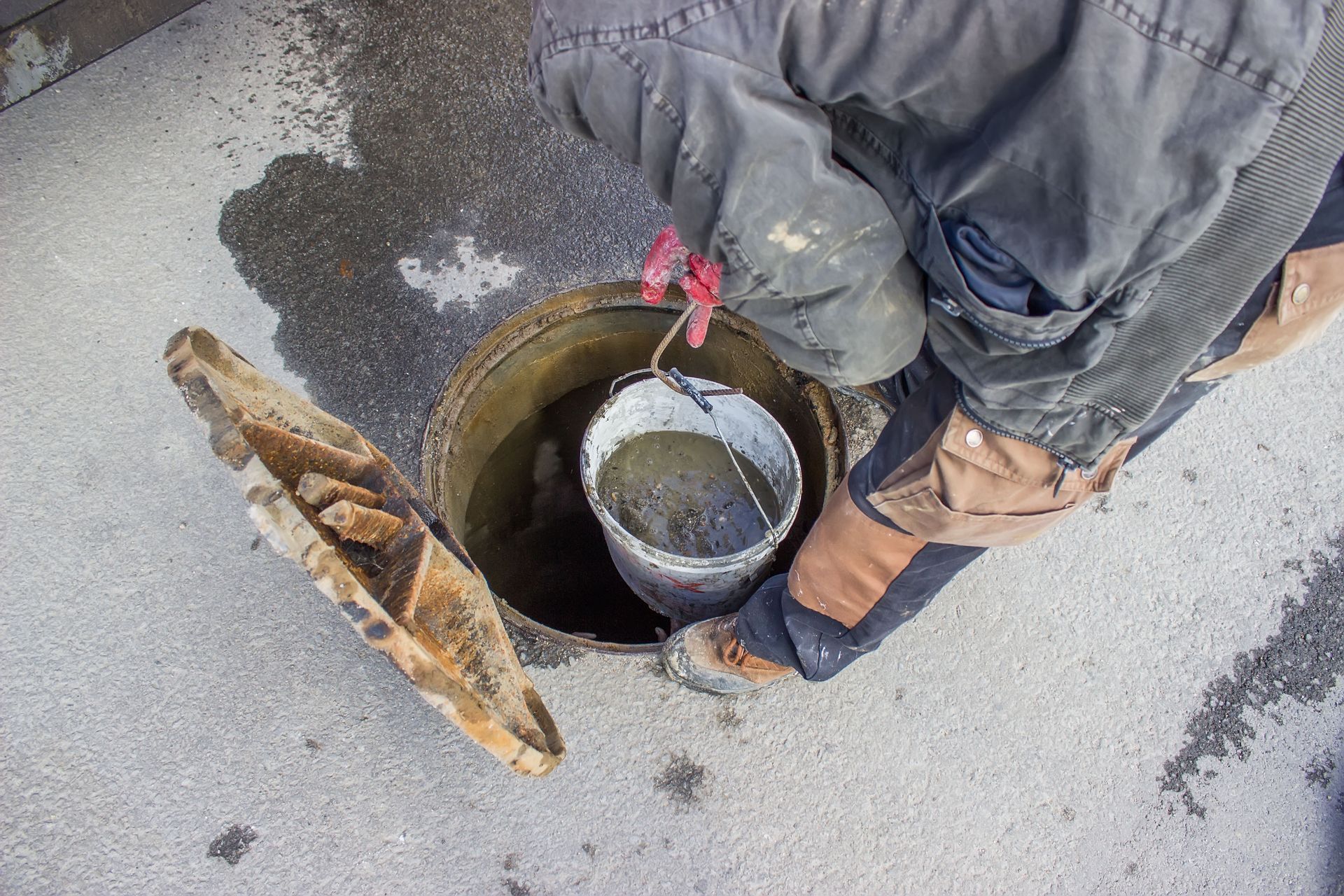
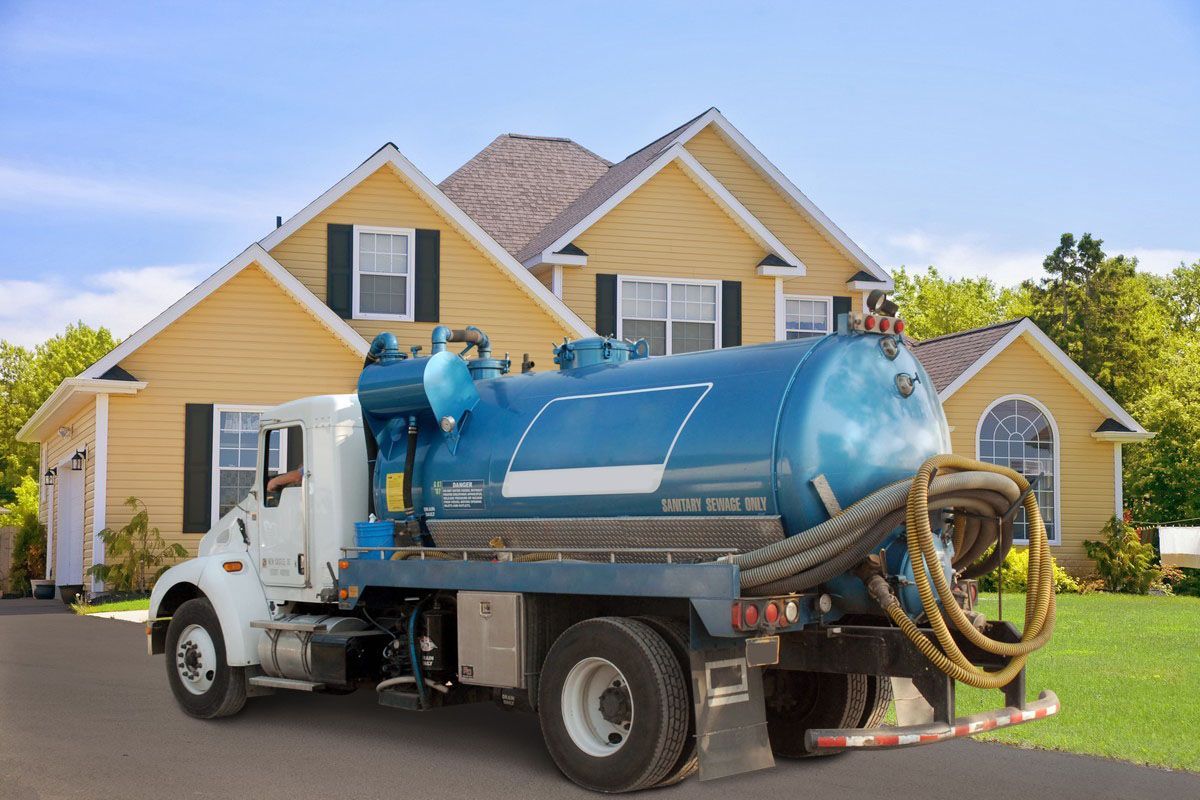
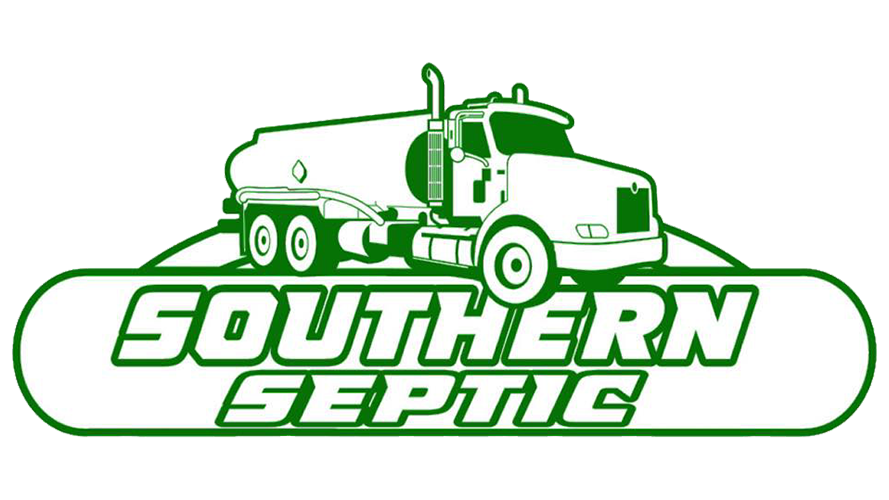
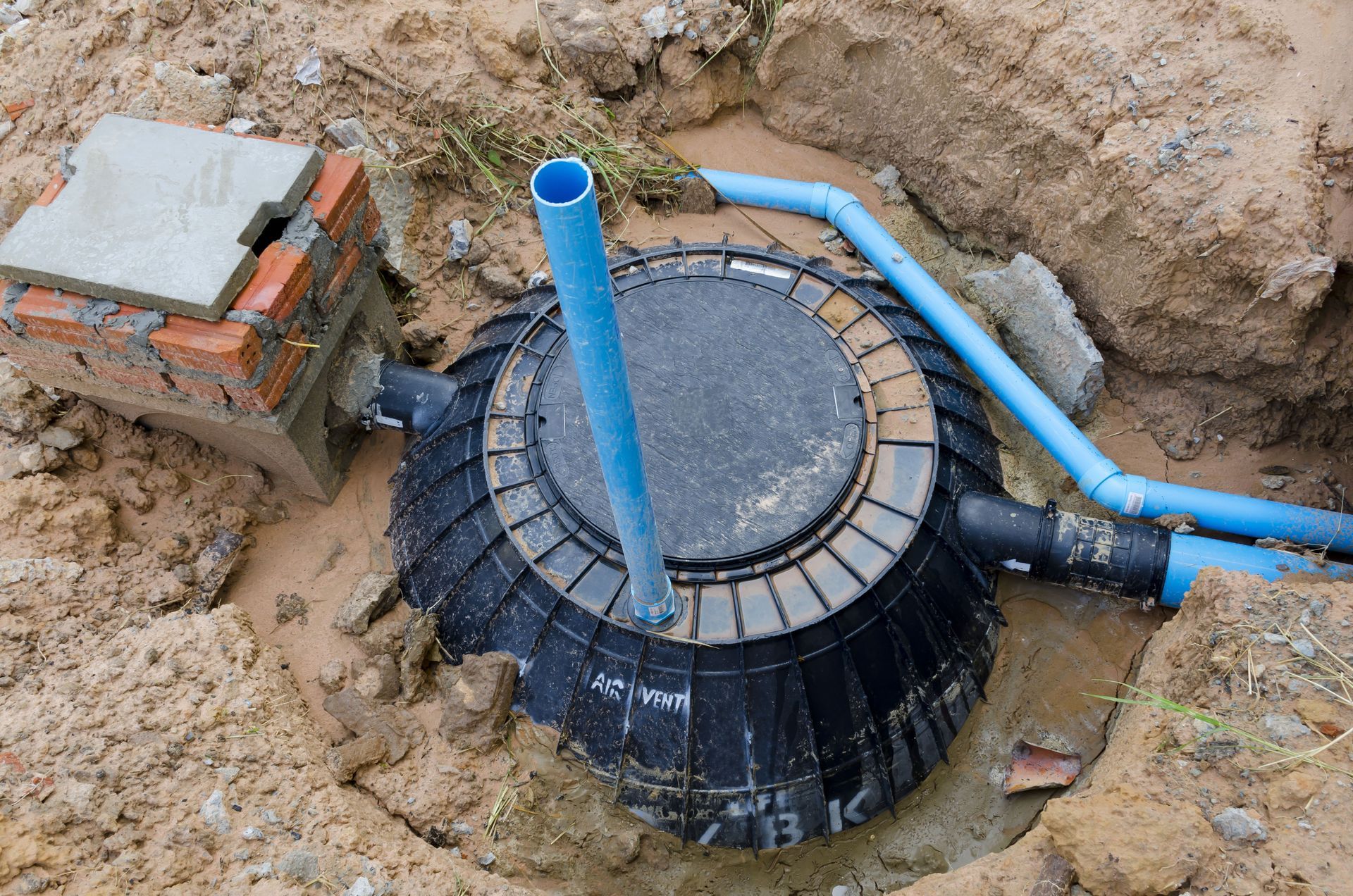
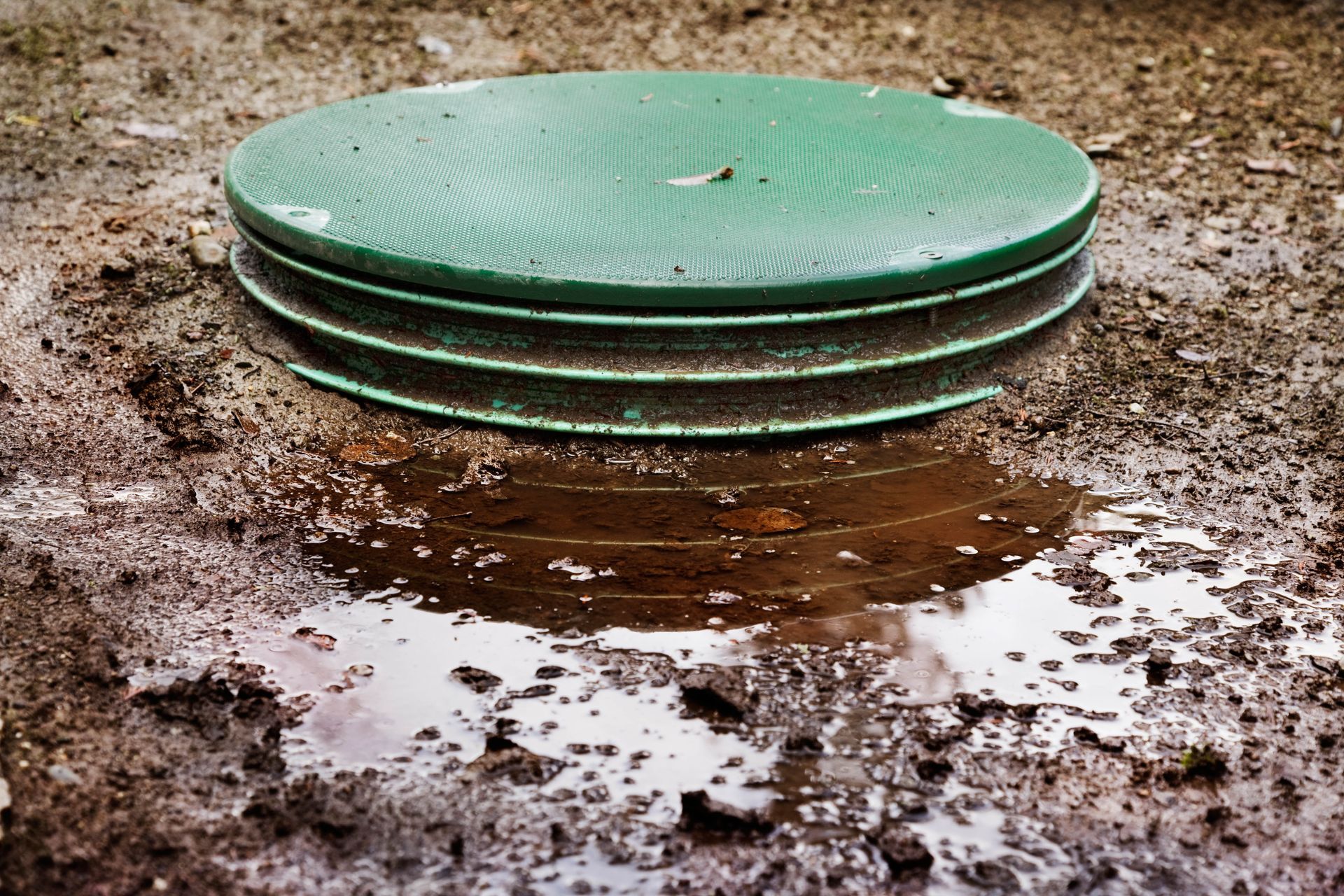
Share On: